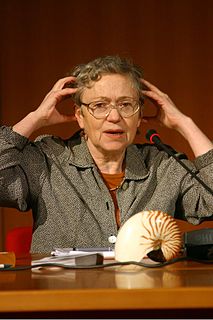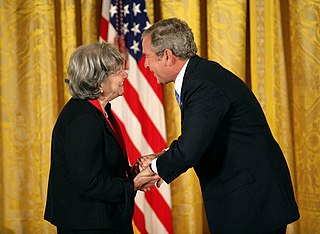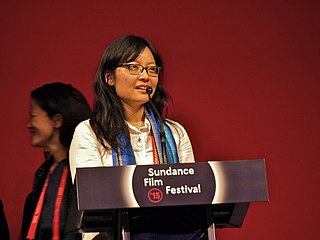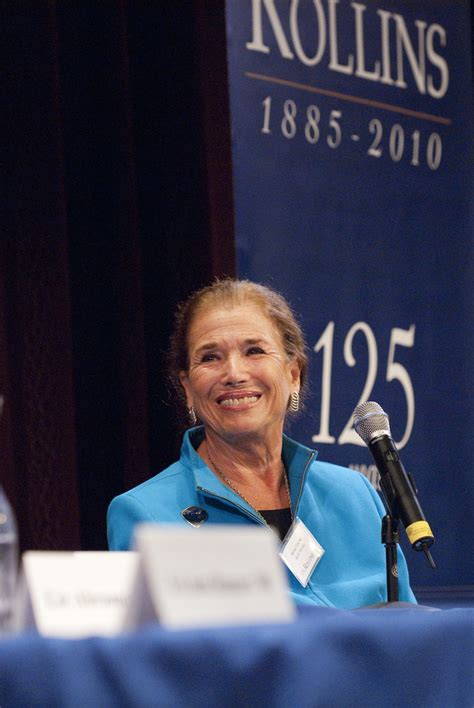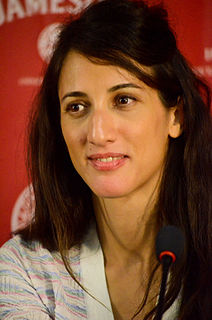A Quote by Mary Catherine Bateson
Traditionally in American society, men have been trained for both competition and teamwork through sports, while women have been reared to merge their welfare with that of the family, with fewer opportunities for either independence or other team identifications, and fewer challenges to direct competition. In effect, women have been circumscribed within that unit where the benefit of one is most easily believed to be the benefit of all.
Related Quotes
Women's liberation, if not the most extreme then certainly the most influential neo-Marxist movement in America, has done to the American home what communism did to the Russian economy, and most of the ruin is irreversible. By defining relations between men and women in terms of power and competition instead of reciprocity and cooperation, the movement tore apart the most basic and fragile contract in human society, the unit from which all other social institutions draw their strength.
The struggle for independence here has been conducted in equal measure by men and by women. And when we got our independence, no one forgot that. In the Western world, on the other hand, nothing of the kind has ever happened - women have participated, yes, but revolutions have always been made by men alone.
Female directors really do need to support each other. Too many times I've been led to believe that my direct competition was other women, as if there can be only a handful of successful female filmmakers a year. That conversation, that perception, needs to change. Women are the people who have helped me make films I love, and I want to be that kind of strength to other women.
With Asian-Americans actors, specifically, there's been fewer opportunities for them in TV and film and fewer that have the ability to actually make a career out of it. It becomes a bit of a chicken and egg situation, where they're like, 'Oh, but they're not famous names,' but they haven't had a chance to be in anything yet, either.
Women have always been more critical of marriage than men. The great mysterious irony of it is - at least it's the stereotype - that women want to get married and men are trying to avoid it. Marriage doesn't benefit women as much as men, and it never has. And women, once they are married, become very critical of marriages in a way that men don't.
How will the family unit be destroyed? ...[T]he demand alone will throw the whole ideology of the family into question, so that women can begin establishing a community of work with each other and we can fight collectively. Women will feel freer to leave their husbands and become economically independent, either through a job or welfare.
Women have traditionally been either put on pedestals or damned as the source of all sexual temptation and sin. These are two sides of the same coin, since both place women in a nonhuman role. Playboy has opposed these warped sexual values and, in so doing, helped women step down from their pedestals and enjoy their natural sexuality as much as men.
This is what I tell young women who ask me for career advice. People are going to try to trick you. To make you feel that you are in competition with one another. You're up for a promotion. If they go for a woman, it'll be between you and Barbara. Don't be fooled. You're not in competition with other women. You're in competition with everyone.
In the Western world, women have no other choice. In India, no. And I'll explain the reason. It's a reason that also has to do with my own case. In India women have never been a hostile competition with men - even in the most distant past, every time a woman emerged as a leader, perhaps as a queen, the people accepted her. As something normal and not exceptional.
If you just look at the number of roles for women versus the number of roles for men in any given film, there are always far more roles for men. That's always been true. When I went to college, I went to Julliard. At that time - and I don't know if this is still true - they always selected fewer women than men for the program, because there were so few roles for women in plays. That was sort of acknowledgment for me of the fact that writers write more roles for men than they do for women.
